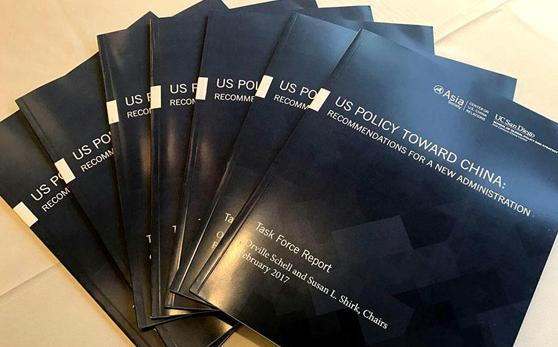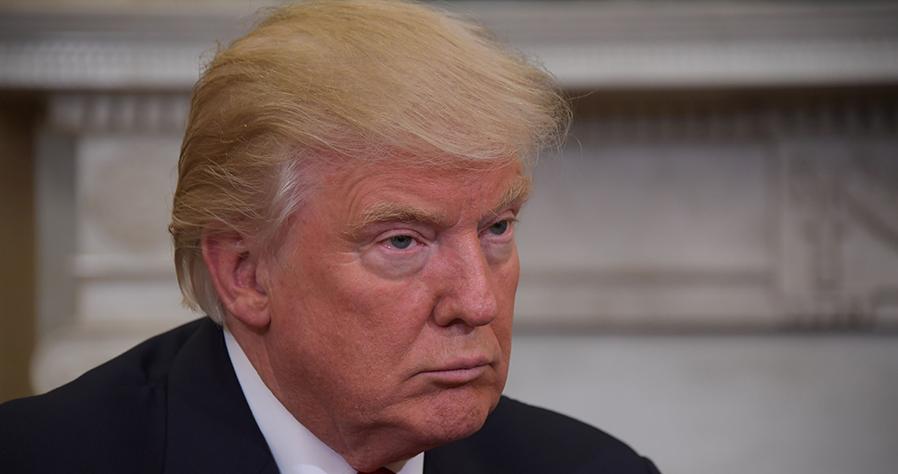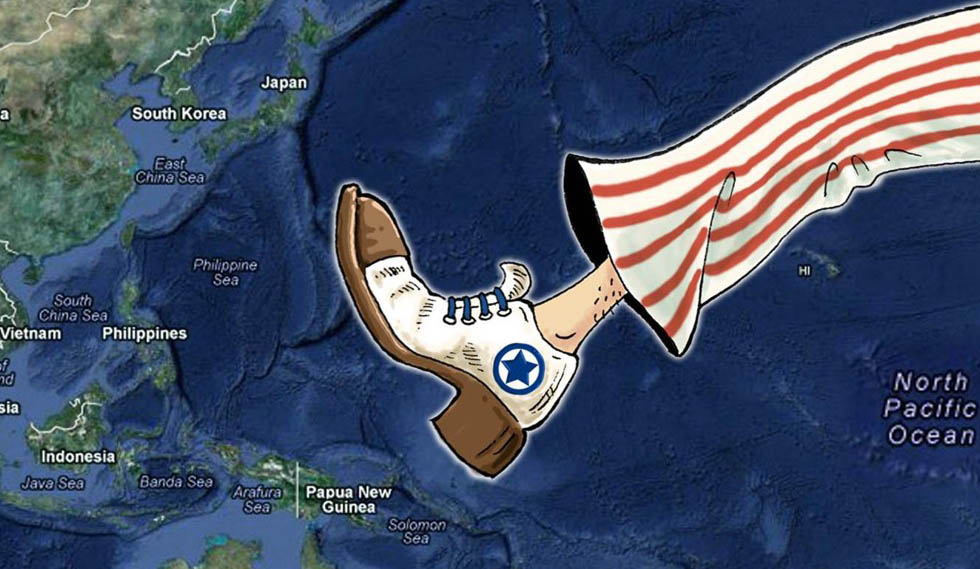
George Koo, Retired International Business Consultant and Contributor to Asia Times
Feb 21, 2017
The Asia Society and the University of California, San Diego, under the co-chairmanship of Orville Schell and Susan Shirk, have published a task force report on “US Policy Toward China: Recommendations for a New Administration.” Roughly two years in the making, the point of this report in light of the timing — published in February 2017 — is to serve as a guide for the Trump administration.
Don M. Tow, President, New Jersey Alliance for Learning and Preserving the History of WWII in Asia
Dec 20, 2016
Tow traces a history of U.S.-China foreign relations, beginning in the 1860s to today, focusing on a policy he calls “surround/isolate/weaken.” The reason that policy toward China of the past 65-plus-years hasn’t worked is because it is based on “might makes right”, and not based on understanding, fair play, and win-win solutions. Anson Burlingame recognized about 150 years ago that, in the long run, the best interests of the U.S. and the American people are best served by a China policy based on equality of nations.
Yuan Peng, Vice President, Chinese Institute of Contemporary International Relations
Dec 16, 2016
As the relationship between the US and China continues to evolve from one between the sole superpower and one of several major powers to one between the ‘eldest’ and ‘second brother’, the president-elect will need to be pragmatic and creative to preserve a deep mutual dependence between the two countries.

Dennis V. Hickey, James F. Morris Endowed Professor of Political Science, Missouri State University
Dec 13, 2016
What does Donald Trump’s victory mean for Sino-American relations? With no experience in government, Trump is unique among all past American presidents. It also means the new president has no political background by which the Chinese can predict his behavior. Trump will come to the White House with a “clean slate” with respect to official “China policy.”

Yang Jiemian, Senior Fellow and Chairman of SIIS Academic Affairs Council
Dec 13, 2016
The new US leader must truly realize that managing US-China relations in a constructive manner is essential for both countries and the world at large. While Trump plans a dial-back on some US commitments abroad, he cannot change all market rules at will -- and he’s barking up the wrong tree when he attributes most of America’s economic problems to China.

Doug Bandow, Senior Fellow, Cato Institute
Nov 07, 2016
China has experienced significant cultural and economic developments since the late 1990’s. Because of China’s growing dominance on the international stage and changing internal politics, the significance of Chinese public opinion is becoming more significant in policy decisions. American policymakers, too, should pay attention to Chinese public opinion. The dynamic worldview of Chinese opinion is illustrated through these statistics, which Washington can use in developing its policy toward Beijing. The U.S.-China relationship obviously matters for the two nations, and also affects the rest of the world.

Zhao Gancheng, Senior Fellow, Shanghai Institutes for Int'l Studies
Nov 25, 2016
As Chinese leaders reiterate, the Pacific is wide enough to support the development needs of both China and the U.S. China’s huge development has never relied on challenging American leadership in the international system, and the Chinese achievements have contributed to global economy and prosperity. Eager to work with the U.S. for peace and development, China sees no reason for the American game in China’s periphery.
Sourabh Gupta, Senior Fellow, Institute for China-America Studies
Nov 30, 2016
Donald Trump’s unabashed pandering to an aggrieved white voter base as well as the long-standing consistency of his (much less-noticed) anti-trade convictions bear implications for Washington’s China policy. As the disillusioned, blue-collar nativist element within slowly defects from a party that remains bound and determined to cater to the interests of its 1% backers, including under the incoming Trump Administration, U.S. politics will enter a period of flux.
Zheng Yu, Professor, Chinese Academy of Social Sciences
Nov 28, 2016
The US has shown no desire to defend the arbitration award with force as hinted by the exercise in the Philippine Sea. Although the American strategic community now sees markedly greater risks of military conflict with China, US decision-makers also don’t believe that the US has the ability to change or stop China’s international conduct by force.